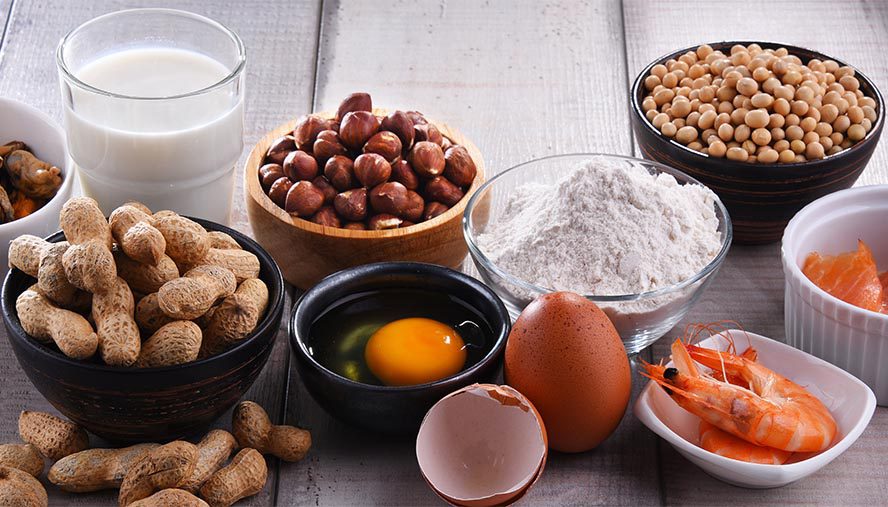Australia is looking to improve its policies and treatment of those around food allergies with the number of individuals affected by allergies projected to rise by a whopping 70 per cent to 7.7 million people, according to the Australasian Society of Clinical Immunology and Allergy.
Australia has been deemed the food allergy capital of the world, with one million Australians suffering from a food related allergies, including 1 in 10 babies, 1 in 20 teenagers, and 1 in 50 adults, according to Allergy and Anaphylaxis Australia.
Marketing assistant Lili Donald, who has a peanut and sesame allergy, travelled to London from Sydney last month and was in awe of the procedures being taken by staff at UK restaurants to ensure safety for those with allergies in comparison to her experiences in Australia.
“Considering the number of individuals in Australia who have food allergies, the service given to them is quite poor such as being served at a restaurant, which makes those with allergies quite hesitant to try these experiences,” she said.
“It was surreal, never once back home has the chef ever approached me as soon as I entered the restaurant asking if I had any allergies.
“It took so much stress off me coming into the restaurant.
“It would be amazing if Australian restaurants catch on to these practices very soon.”
The UK has a system that the Aussies might want to implement with the Natasha’s Law policy integrated in October 2021.
Natasha’s law aims to protect those with food allergies to give them security with the food they are purchasing, as it incorporates transparency to keep both the customers and businesses safe.
Though in the dining areas there is some work to do to ensure the safety of those with allergies, the labelling for foods in Australia has been improving, with ingredient labels being extremely thorough thanks to the Australia New Zealand Food Standard Code.
The code ensures food companies must declare and label foods and ingredients that are common allergies such as milk, eggs and peanuts on their products listing them as either ‘contain’ or ‘may contain’ to ensure the safety for those with allergies.
A spokesperson for FSANZ explained the changes to SBS and how they will improve the safety of those with allergies.
“The changes are intended to make allergen food labels clearer and more consistent by requiring allergen declarations in a specific format and location on food labels using specific, simple, plain English terms”, the spokesperson told SBS news.
A new Engadine cafe is baking sweet treats for allergy sufferers. Scrumptious Bakes is catering for those with gluten, nuts, dairy and egg allergies, providing cakes and pastries for those unable to consume those ingredients. After 16 years running a cafe in Bundeena, owner Heidi Fitzpatrick opened a new specialist business to assist those with allergies in the community those who normally miss out on the foods that are sold. Scrumptious Bakes is open from 8:30am – 4:30pm from Wednesday to Friday, and from 8am – 12pm on weekends.

